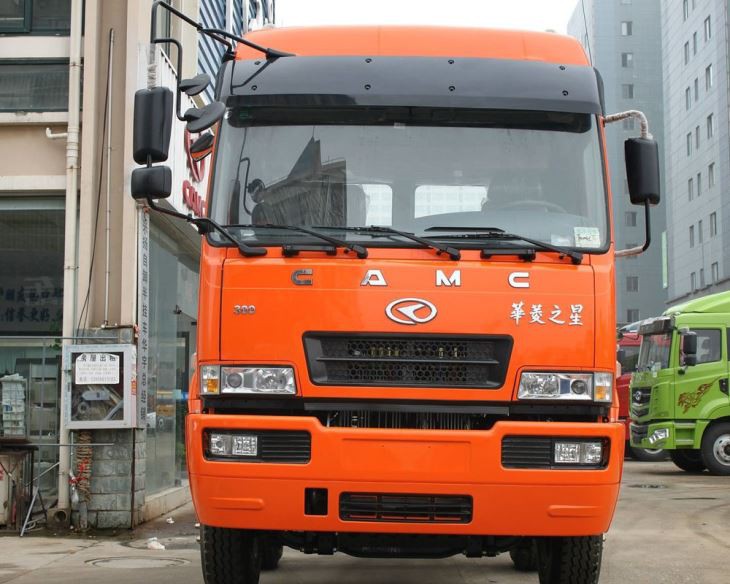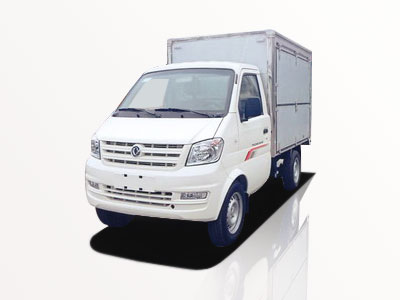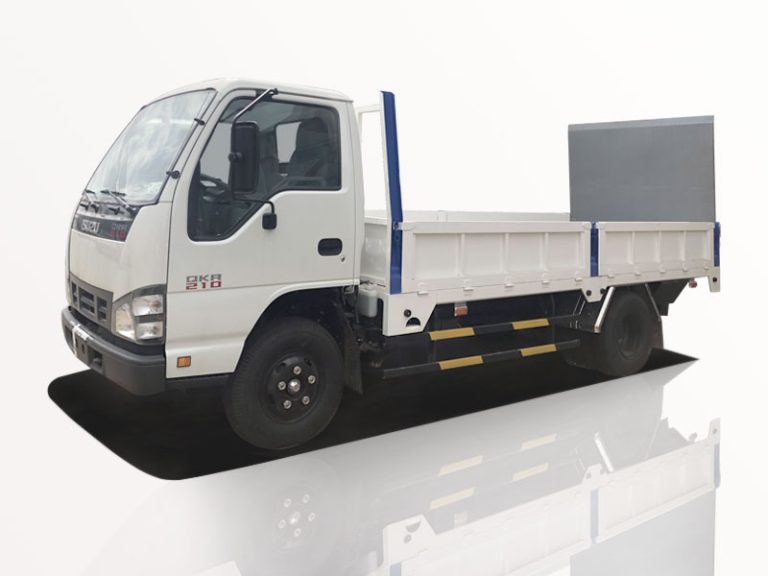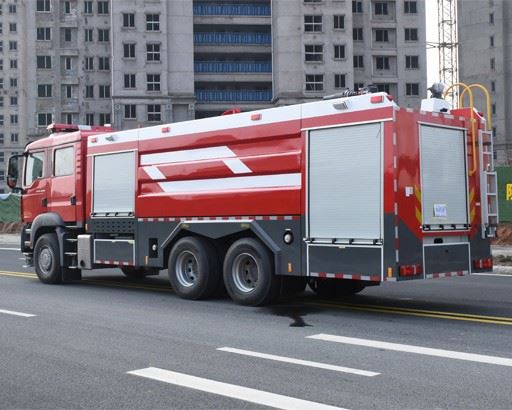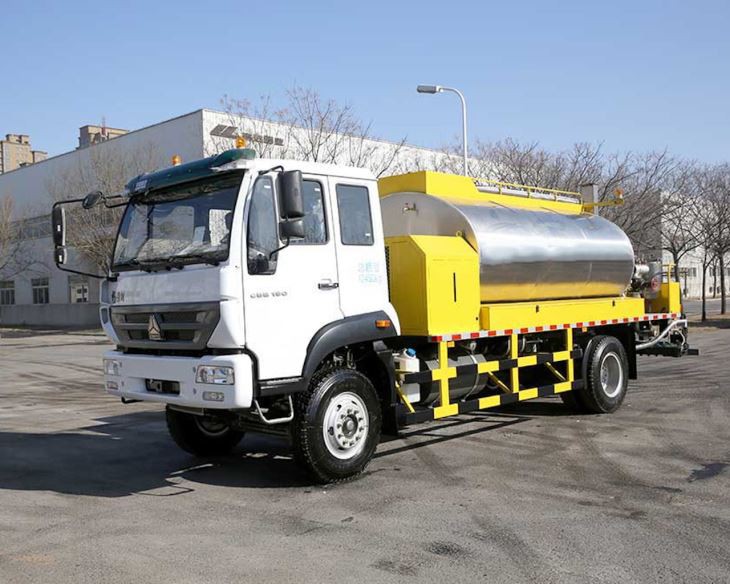When it comes to construction, landscaping, or waste management, having the right vehicle is crucial. Tipper trucks, also known as dump trucks, are essential for transporting materials such as soil, gravel, and debris. In this comprehensive guide, we will walk you through everything you need to know about buying a tipper truck, from understanding types and specifications to financing options and maintenance.
Understanding Tipper Trucks
What is a Tipper Truck?
A tipper truck is a vehicle designed to transport and unload materials quickly and efficiently. It features a hydraulic mechanism that allows the truck bed to tilt at an angle, enabling the load to be dumped easily. Tipper trucks are commonly used in construction, mining, and agricultural industries.
Types of Tipper Trucks
There are several types of tipper trucks available, each designed for specific applications:
- Front Tipping Tipper Trucks: These trucks tilt the bed forward, making them perfect for unloading material in tight spaces.
- Rear Tipping Tipper Trucks: The most common type, these beds tilt backward for efficient unloading.
- Side Tipping Tipper Trucks: Ideal for bulk materials, these can unload cargo from either side.
- Articulated Tipper Trucks: Composed of two sections, these trucks can easily navigate rough terrain.
Key Specifications to Consider
Payload Capacity
One of the first things to check when buying a tipper truck is its payload capacity, which typically ranges from 5 to 30 tons. Choose a truck that can handle the weight of your materials without exceeding legal limits.
Engine Power
The engine power is crucial for performance, especially if you frequently drive in hilly areas or rugged terrains. Look for a truck with sufficient horsepower to ensure efficiency and durability.
Hydraulic System
The type of hydraulic system affects the speed and efficiency of the tipping mechanism. Most modern tipper trucks have advanced hydraulic technology that allows for quick unloading. Always check for warranties on these systems.
Body Material
Tipper truck bodies are typically made from steel or aluminum. Steel is more durable and is better for heavy loads, while aluminum is lighter and helps improve fuel efficiency.
Size and Dimensions
Consider the overall size of the tipper truck, as it must fit your project requirements and local road regulations. Take into account the length, width, and height, especially if you’re planning to operate in confined areas.
Choosing the Right Tipper Truck for Your Needs
Assess Your Requirements
Before you buy a tipper truck, assess your specific needs. Consider the materials you’ll be hauling, the distance of transport, and your operating environment. This will guide you in selecting the right model.
New vs. Used Tipper Trucks
Both new and used tipper trucks have advantages. New trucks come with warranties and the latest technology, while used trucks can be significantly cheaper. Evaluate your budget, desired features, and long-term plans before making a decision.
Pros of Buying New
- Latest technology and features
- Full warranty and service packages
- Customizable options
Pros of Buying Used
- Lower purchase cost
- Less depreciation cost
- Potential history of reliability
Where to Buy Tipper Trucks
Authorized Dealers
Buying from an authorized dealer gives you access to a wider range of models and OEM parts. You’ll also receive professional support and maintenance services.
Online Marketplaces
Websites like eBay, Craigslist, or specialized truck and equipment marketplaces can provide numerous options. However, it is essential to vet the sellers carefully to avoid scams.
Auctions
Auction sites for construction and transport equipment can offer great deals on both new and used tipper trucks. Attend physical or online auctions to bid on your preferred unit.
Financing Your Tipper Truck Purchase
Types of Financing
- Bank Loans: Traditional loans offer fixed interest rates but require decent credit scores.
- Lease Financing: Leasing is a popular alternative that allows you to use a truck without the full cost upfront.
- Dealer Financing: Many dealerships offer financing options tailored to your needs.
Preparing for Financing
Before applying for financing, gather necessary documents such as credit history, business financials, and income statements. This preparation will streamline the process.
Maintenance Tips for Tipper Trucks
Regular Inspections
Conduct routine inspections to check tire pressure, fluid levels, and brakes. Regular maintenance extends the life of your tipper truck and reduces the risk of breakdowns.
Oil Changes
Change the oil as per manufacturer guidelines to ensure optimal engine performance. Neglecting oil changes can lead to significant engine issues over time.
Washing and Cleaning
Keep your truck clean to prevent rust and damage from dirt and debris. Regular washing inside and out helps maintain the truck’s value.
Practical Examples of Tipper Truck Usage
Construction Projects
In construction, tipper trucks are vital for transporting sand, gravel, and debris. For instance, a construction company building a new housing estate can rely on a rear tipping truck to unload materials quickly.
Agricultural Applications
Farmers use tipper trucks to transport feed, fertilizers, and harvested crops. An articulated tipper truck is suitable for navigating fields and unloading materials where it’s needed.
Waste Management
Tipper trucks are also crucial for waste collection and management. These trucks can efficiently transport collected waste to disposal sites, ensuring timely service.
Tips for First-Time Buyers
- Set a Budget: Determine your budget before starting your search so you can narrow down options quickly.
- Research Models: Take your time researching different models and their functionalities to find one that suits your needs.
- Test Drive: Always test drive before making a purchase to check for comfort and performance.
- Read Reviews: Reading user reviews can provide insights into the performance and reliability of specific models.
Frequently Asked Questions (FAQs)
What is the average cost of a tipper truck?
The cost of a tipper truck can vary widely based on its size, type, age, and specifications. On average, expect to pay anywhere from $30,000 to $150,000 for a new model and significantly less for a used one.
What is the best size tipper truck for small construction projects?
For small construction projects, a 5 to 10-ton tipper truck is typically sufficient. It’s large enough to handle common materials while still being maneuverable.
How often should I perform maintenance on my tipper truck?
It’s recommended to conduct regular maintenance checks every 6 to 12 months. Additionally, perform visual inspections before each use.
Are tipper trucks fuel-efficient?
Fuel efficiency varies based on the truck type and load. Generally, light-duty tipper trucks offer better fuel economy than heavy-duty models.
Do tipper trucks require special licenses to operate?
In many jurisdictions, operating a tipper truck requires a special commercial driver’s license (CDL), especially if the truck exceeds certain weight thresholds.
Can I modify my tipper truck?
Yes, you can modify your tipper truck. Common modifications include adding bed liners or enhancing the hydraulic system. Always consult a professional for compliance with local regulations.
